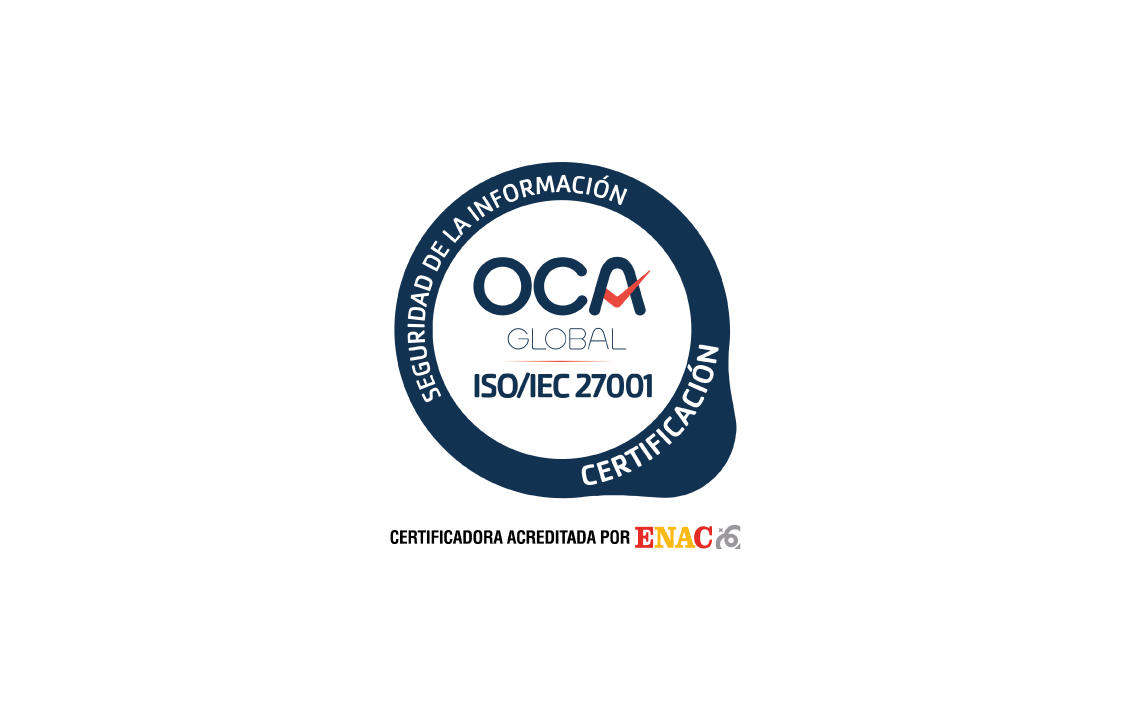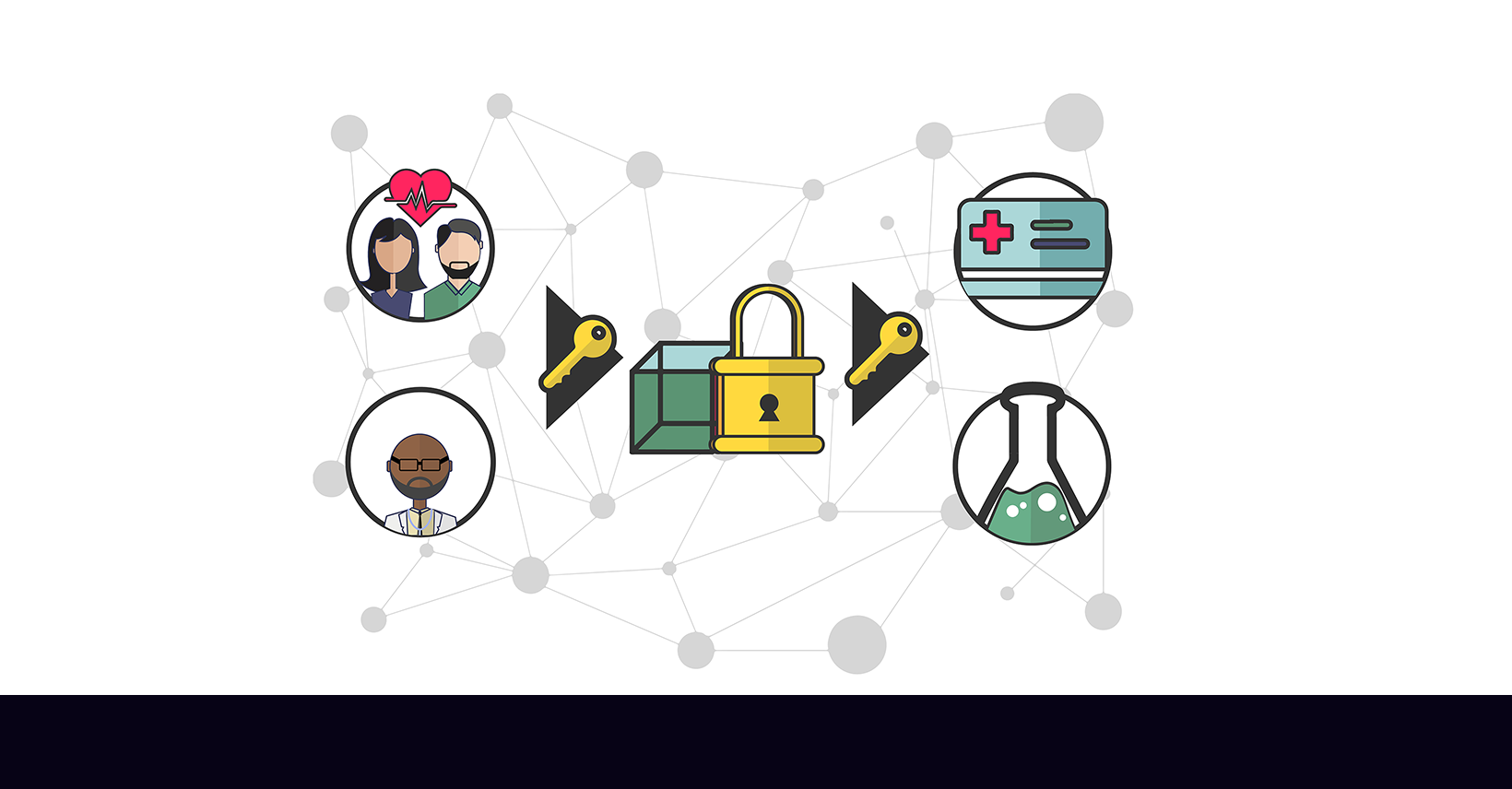
ISO/IEC 27001 for Blockchain Security: A Comprehensive Approach
Blockchain technology, known for its decentralized and secure nature, benefits significantly from adhering to established standards. ISO/IEC 27001, a widely recognized framework for information security management, plays a crucial role in enhancing the security posture of blockchain systems. This article explores the intersection of ISO/IEC 27001 and blockchain, examining the significance, key components, and the collaborative efforts shaping a secure blockchain landscape.
The Importance of ISO/IEC 27001 in Blockchain Security
1. Establishing a Robust Information Security Management System (ISMS)
ISO/IEC 27001 provides a systematic and comprehensive approach to information security. For blockchain, implementing this standard means establishing a robust Information Security Management System (ISMS) tailored to the unique challenges and requirements of decentralized systems. The ISMS acts as the foundation for a secure blockchain infrastructure.
2. Mitigating Risks and Enhancing Trust*
Blockchain systems often involve multiple participants, making risk mitigation crucial. ISO/IEC 27001 guides organizations in identifying, assessing, and managing risks effectively. By implementing the standard, blockchain projects can enhance trust among stakeholders, demonstrating a commitment to a secure and resilient environment.
Key Components of ISO/IEC 27001 in Blockchain
1. Risk Assessment and Management*
ISO/IEC 27001 emphasizes a risk-based approach to information security. In the context of blockchain, this involves conducting a thorough risk assessment specific to the decentralized nature of the technology. By identifying potential risks, organizations can implement targeted measures to mitigate vulnerabilities and enhance the overall security of their blockchain systems.
2. Security Controls for Blockchain Infrastructure*
The standard outlines a set of security controls that organizations can tailor to secure their information assets. For blockchain, these controls encompass aspects such as access controls, cryptography, and secure development practices. Adhering to these controls ensures that the blockchain infrastructure is resilient against cyber threats.
Collaborative Efforts in Shaping Blockchain Security with ISO/IEC 27001
1. Integration with Industry Best Practices*
ISO/IEC 27001 integrates seamlessly with industry best practices. By aligning blockchain security measures with the standard, organizations benefit from a framework that incorporates globally accepted principles. This integration fosters collaboration and knowledge sharing within the blockchain community, contributing to a more standardized and secure ecosystem.
2. Continuous Improvement and Adaptation*
Blockchain technology evolves rapidly, and ISO/IEC 27001 provides a framework for continuous improvement. Organizations can adapt their ISMS to address emerging threats, technological advancements, and changes in the regulatory landscape. This adaptability ensures that blockchain security measures remain effective in the face of evolving challenges.
Challenges and Evolving Trends in ISO/IEC 27001 for Blockchain
1. Addressing Decentralized Governance Challenges*
Blockchain operates on a decentralized governance model, introducing unique challenges for implementing ISO/IEC 27001. Ensuring that governance structures align with the standard’s requirements is an ongoing challenge that requires collaboration and the development of tailored approaches to fit the decentralized nature of blockchain systems.
2. Incorporating Privacy Considerations*
With the growing emphasis on privacy in the digital landscape, incorporating privacy considerations into ISO/IEC 27001 for blockchain is paramount. Organizations need to navigate the intersection of information security and privacy, ensuring that their blockchain systems adhere to data protection principles.
Empowering Blockchain Security with ISO/IEC 27001 Resources
For a deeper exploration of ISO/IEC 27001 for blockchain security and access to valuable resources, visit ISO/IEC 27001 Blockchain. This resource offers insights, best practices, and the latest developments to empower organizations and individuals in implementing ISO/IEC 27001 for a more secure blockchain ecosystem.
In conclusion, ISO/IEC 27001 serves as a cornerstone for securing blockchain technology. By adopting its principles, organizations can establish a robust ISMS, mitigate risks, and enhance trust in their blockchain systems. The intersection of ISO/IEC 27001 and blockchain represents a collaborative effort to standardize security measures, ensuring the continued growth of secure and resilient decentralized ecosystems.




